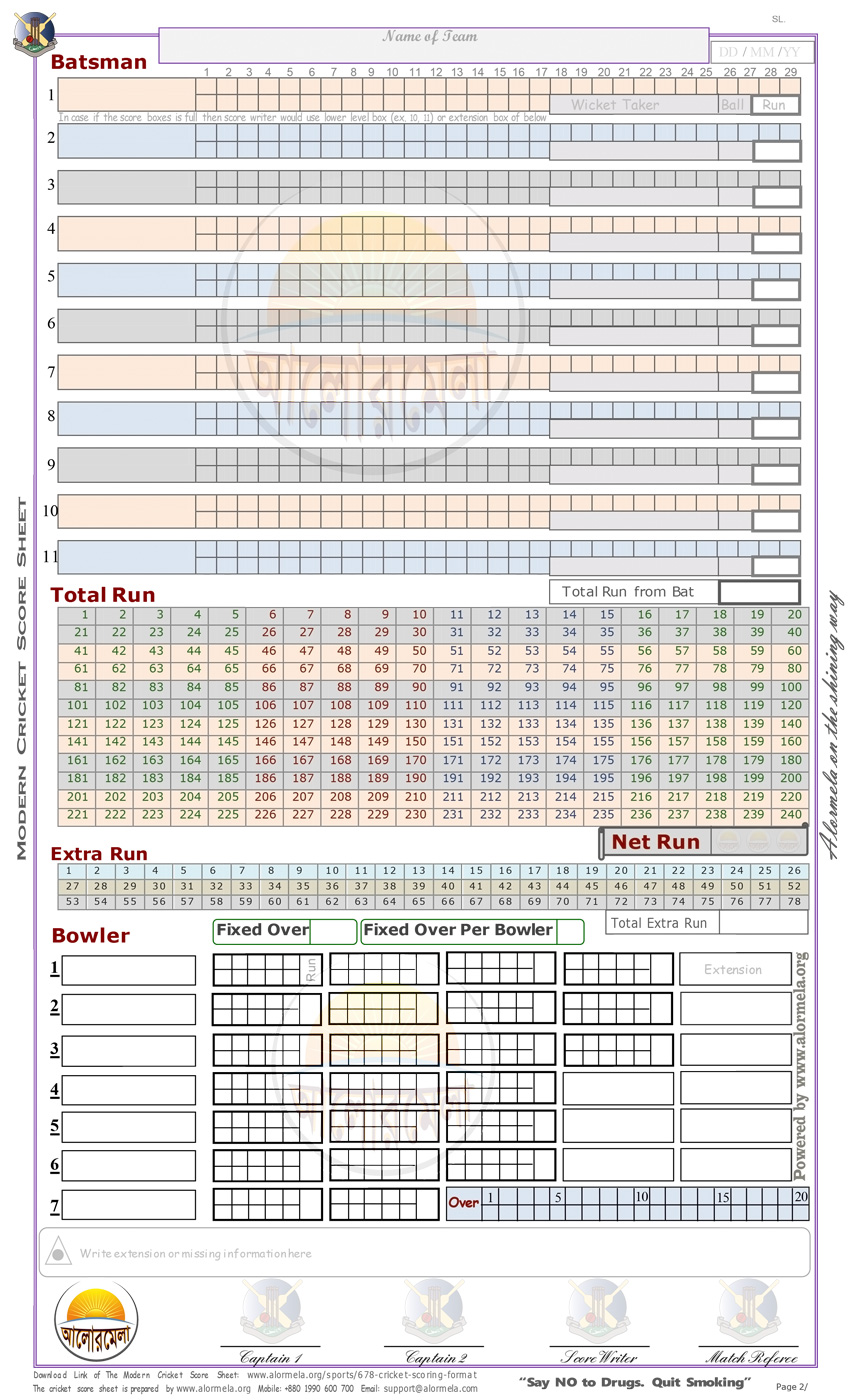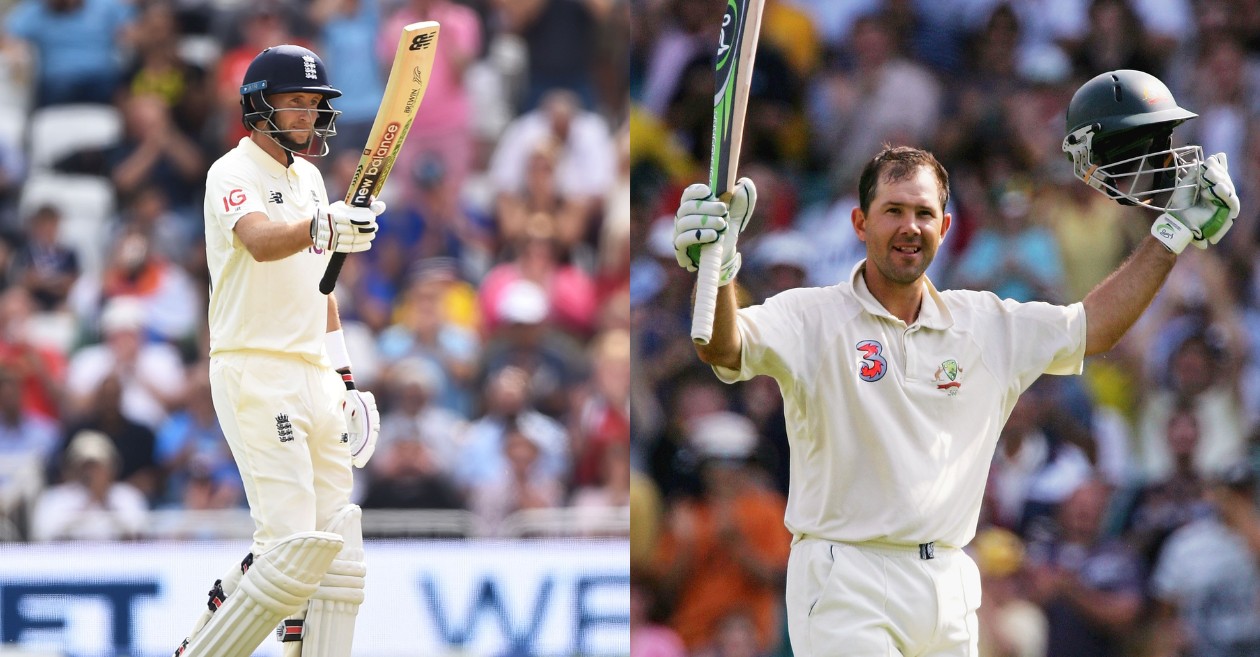


Let's follow the example of an Ashes test, where Australia batted first and put 473/9 on the board. In such cases, clause 14.3 states that the minimum runs criterion for enforcing follow-on is adjusted based on the number of days left in the match. The minimum runs criterion is adjustable in case the start of the game is delayed by one or more days. The pitch and weather conditions, i.e., following on is more likely if there is a rain forecast on subsequent days.The workload of bowlers, i.e., if the bowlers need rest after a long inning or.However, it is not compulsorily to enforce and is often a tactical decision based on factors like: If the team batting second is trailing by at least the minimum runs stated, the opposition has the right to choose to enforce the follow-on. The subsequent clause, 14.1.2 states the minimum runs criterion for matches of shorter durations:

The targets get reduced for the first class and lower divisions of cricket. The law above is applicable only for following on in test cricket, which is the pinnacle of international cricket. The circumstances under which the team batting first gets this right are dictated by the Law 14 of MCC laws of cricket which states:ġ4.1.1 In a two-innings match of 5 days or more, the side which bats first and leads by at least 200 runs shall have the option of requiring the other side to follow their innings. This situation occurs to the team batting second, and in such situations, the team batting first makes this call.

What is follow-on in cricket? - The term follow-on refers to the situation where the opposite side is asked to bat again immediately after their previous inning during a two innings match.


 0 kommentar(er)
0 kommentar(er)
